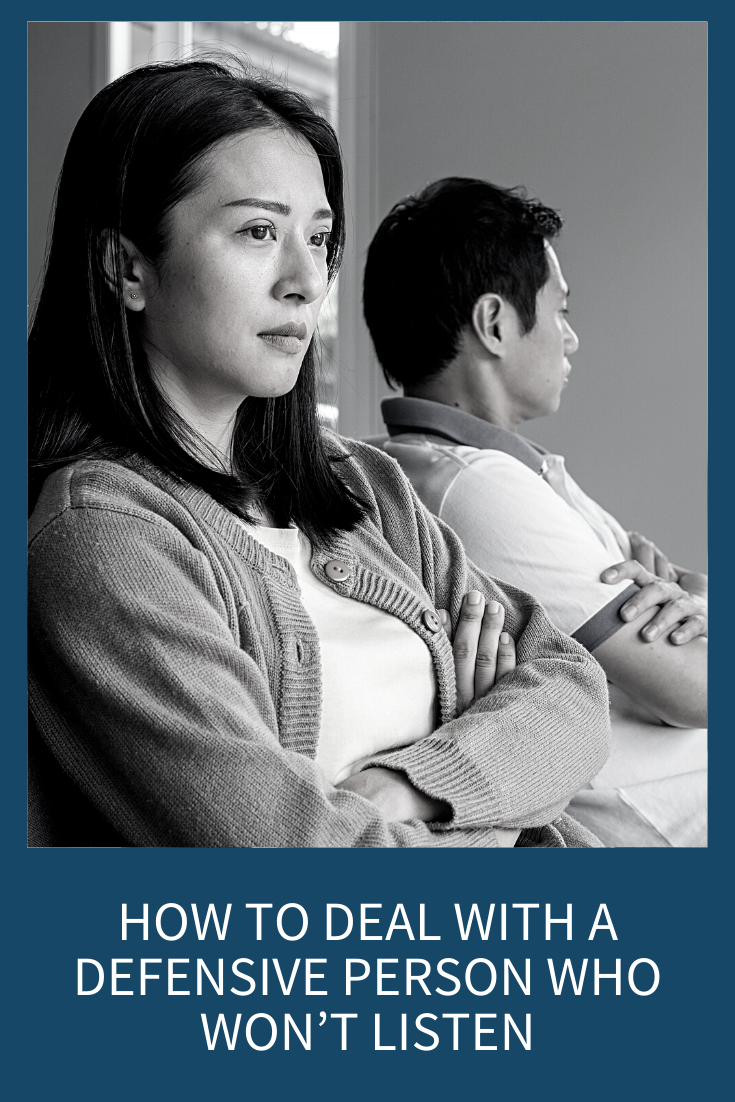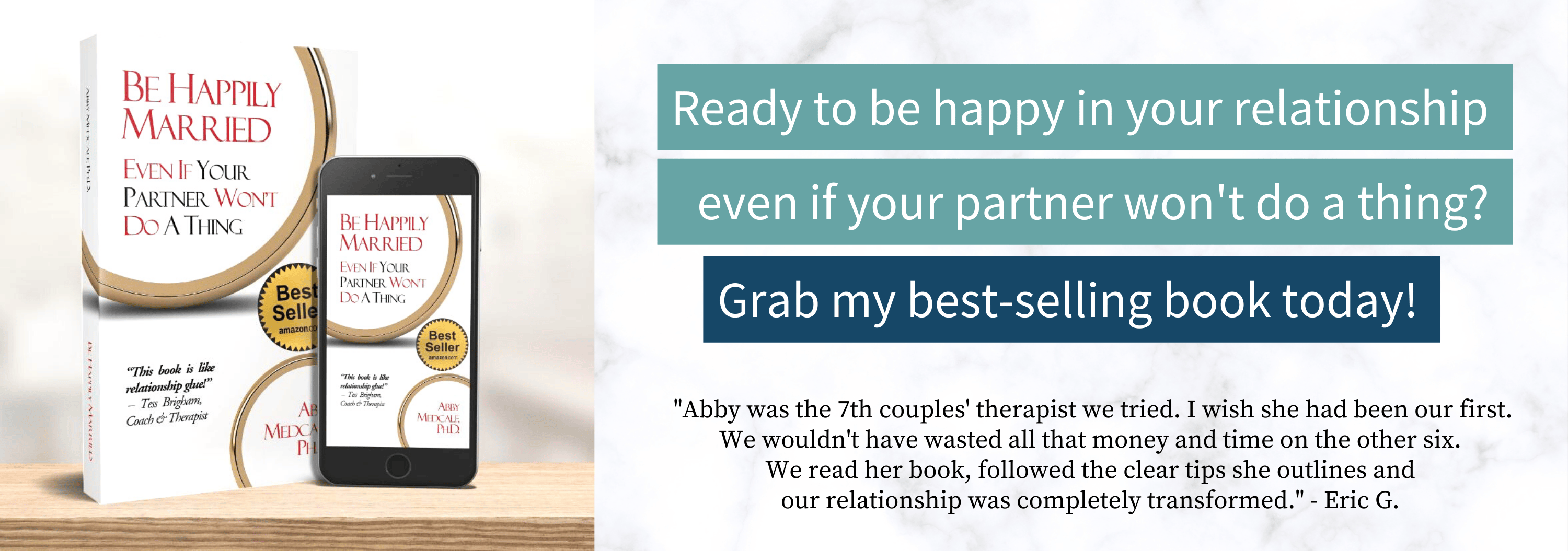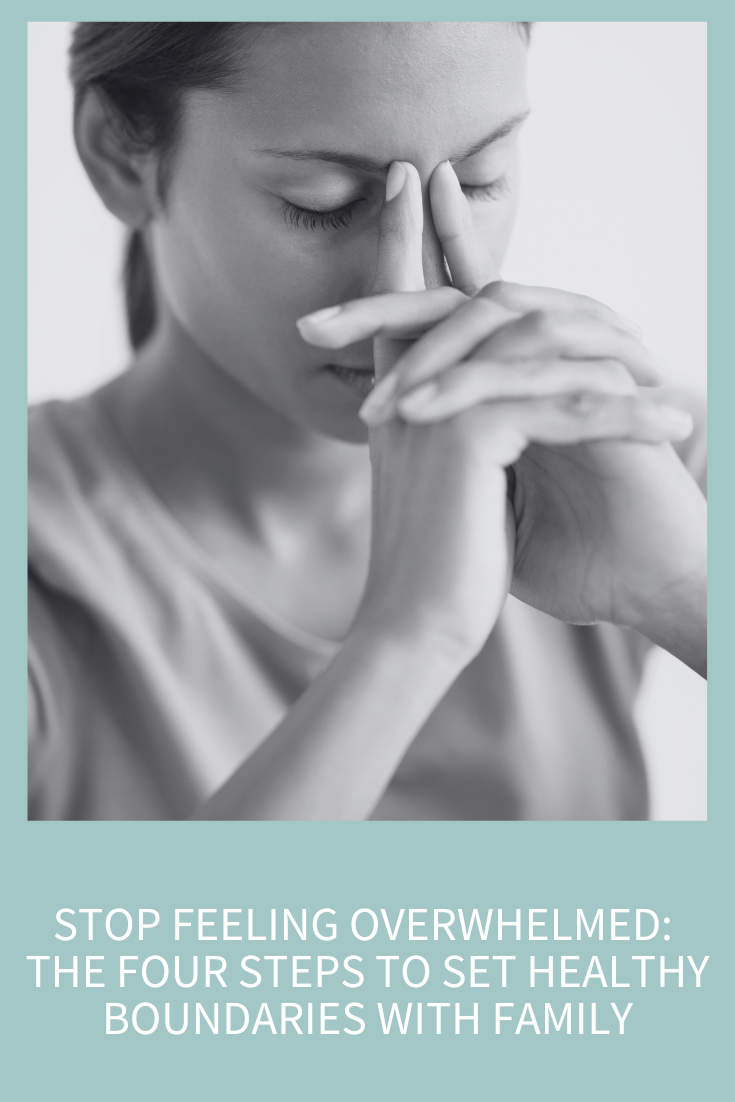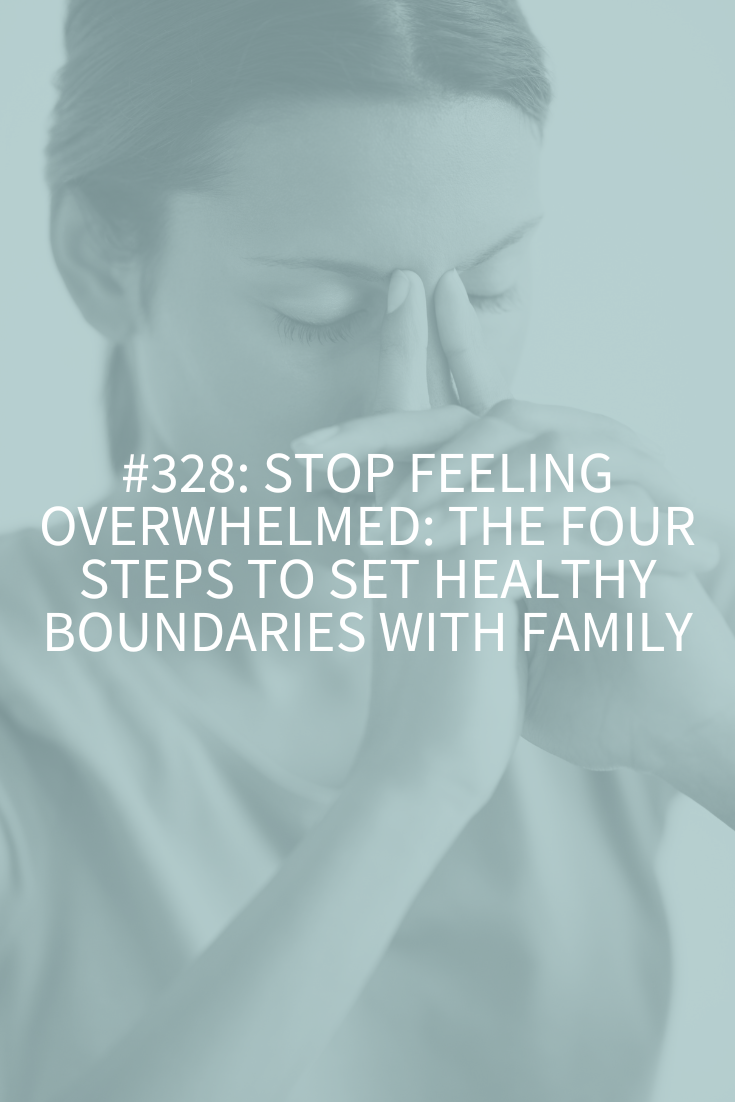
Do you have someone in your life who gets defensive and just won’t listen no matter how carefully you approach them? Have you tried all the tools and nothing seems to work? Then you’re in the right place because today I’m going to teach you the research-backed secret on how to deal with a defensive person so they’ll finally listen to all the wonderful things you’ve got to say!
8-minute read
You First Have to Understand Why People are Defensive
People are defensive for one main reason: they’re feeling attacked. I know you’re likely thinking, “But how is that possible? I approached my partner so nicely!” or “How could my mom feel attacked when all I do is walk on eggshells with her?” Or “I was so patient and calm when I spoke to my coworker!”
That all might be very true but, you’ve got to remember, “attack” is in the eye of the beholder.
For example, I was speaking with a client the other day and gently said something about how she needed to take responsibility for her angry outbursts with her children. Next thing I knew, she’d burst into tears. She angrily told me she felt berated and shamed by me and that she wasn’t paying to be bullied. Bullied? Moi?! I was dumbfounded for a moment because how she was reacting was so far from how I was feeling or what my intentions were!
Now, in this situation, it was actually pretty easy for me to see what was going on (after all, I’m a trained psychologist and it was simple not to take it personally) but you can see how hard this same situation would be with someone you’re close to or with whom you’ve had a history of defensiveness and anger.
It took some time, but I was able to speak to her (using the tools I’m going to teach you today) in such a way that she was able to see her over-reaction and misinterpretation of what I’d said. As the conversation continued, she admitted that she was often told that she “blew things out of proportion.”
What was really going on was that my lovely client was ashamed of the way she’d acted with her children. She felt embarrassed and vulnerable speaking to me about it and letting me see her true self. When I talked about her taking responsibility, she felt attacked as all that shame came to the surface and she lashed out defensively.
Defensiveness is just that: an ego defense meant to protect us from harm. It’s a suit of armor we put on so we don’t have to listen, acknowledge or change our own behavior. If I think of myself as a good person and you point out something that I did wrong, my ego tells me not to listen to that (because if I’m a good person, I wouldn’t have done this “wrong” thing). Since I am a good person, that means whatever you’re telling me is bullshit and I get to deny it in some way.
People are defensive because taking responsibility for their actions feels scary either because they’re worried about you not loving them (insecurity) or because they’re worried about being abandoned or rejected for doing something wrong.
And believe it or not, the vast majority of people are not trying to be defensive. Defensiveness is largely unconscious; it’s just a knee-jerk reaction because it’s a learned behavior that’s become a habit.
Defensiveness Shows Up in Obvious and Sneaky Ways:
- Anger and turning it around. When you confront your partner with something they did, they say something like, “You say I don’t listen? What about you?!?! You never listen to me!”
- Gaslighting. There are also some defensive behaviors that fall in the gaslighting category like, “Why are you always criticizing me?” or maybe minimizing: “You shouldn’t be so upset about this.”
- Acting the victim: Maybe the other person takes too much of the blame. You tell your partner you don’t like something they did and they say, “I know. I’m such a piece of shit.” Next thing you know, you’re taking care of them!
- Arguing that what they did was OK because of x, y, and z.
- “I can never do anything right around here” or “I act this way because you’re always nagging me!”
- Silent treatment. Another way of being defensive is to offer the cold shoulder. We’re not having this conversation and I’m going to threaten you with silence if you bring it up again.
No matter the reason, it’s up to you to remember that you co-create all your relationships, including this one with Debbie Defensive. So, it’s up to you to take responsibility for your side of the street.
How to Deal with a Defensive Person:
Believe it or not, there’s actually been a bunch of research on what works best when someone is defensive and here’s what we know.
Defensiveness gets worse when people respond to us negatively. If we feel rejected or stigmatized in any way, we get more defensive. However, defensiveness is reduced when we feel secure, respected and valued in our “group.”
The research recommends “emphasizing respect and value for the person, even if you disagree with their views or actions.” In addition, it’s important to “provide an opportunity for the person to express their values before talking about a specific problem.”
Here’s the deal: We humans have a primitive, neurologically wired psychological need to feel valued and included within our primary groups (such as work, friends, and family of origin) as well as with our romantic partners. When someone thinks we did something wrong or tells us something they don’t like, this hard-wired need is threatened which drives a defensive response. So, when you’re speaking to another person about something you want to address, keep in mind their deep need to belong and be valued, and you can reduce the defensiveness coming at you.
So, with this research in mind, here are my top 3 tips on how to deal with a defensive person:
Tip #1: Timing
One of the biggest issues I see that leads to a defensive reaction is when people choose to have conversations. What have you heard me say 1000 times? You have to connect to correct (and now you really know why given the research)!
The best time to have a conversation is when you’re in a good place and feeling connected to the other person. I know you want to avoid harder conversations when you’re getting along because you’re thinking, “Well, I don’t want to rock the boat now!?!?” But, again, the best time to bring something up and NOT get a defensive response, is when you’re getting along well. This is how to deal with a defensive person.
Tip #2: Set that Intention
Before you talk about what you want to talk about, first set your intention out loud. If you’re focusing on being effective, you need your intention to be focused on the other person feeling valued and respected. So something like,
- I’m excited to speak with you about something because I’m really looking forward to us deepening our relationship
- I feel so supported by you and deeply appreciate the many ways you see me and care for me. And, there are some other ways I’d also feel appreciated. I wanted to talk about them and also ask you what ways you’d like to feel seen and heard that I might be missing. We can start with you if you like.
- I want us to talk about x, and I want you to know that it is my deep intention to listen fully to everything you say. My biggest goal is that you feel heard and understood. I also want you to know that I take full responsibility in this relationship and that’s why I want to speak to you. We’re co-creating and I want it to be amazing for both of us.
- I want to speak about X, and I want to be clear that my only goal is that we become closer and have a deeper, more loving relationship.
I want to speak about X and my only goal is for us to find a solution together that really fits for both of us. I value you and want you to feel that. For me, it won’t be a good solution unless you feel heard and seen. This is crucial if you want to know how to deal with a defensive person.
Tip #3: Make It a “We” Thing
Based on the research I just mentioned, you also want the other person to feel included (aka: not like an outcast or rejected in any way). The easiest way to do this (and something I’ve been advocating for years) is to approach the other person from a “we” perspective.
Before you speak to them about what’s bothering you or what you want to change, think about how to approach them from a “we” perspective. You want to spend some time and think about how to stop blaming them and/or being angry and frustrated with them but to, instead, see how you could approach the issue from a team perspective.
Let’s say you’re unhappy with your sex life and want to speak to your partner about it. Think about how this is a “we” thing. Think about how you’re not right for wanting more sex or how you’re partner isn’t wrong for not being as interested. Instead, think with compassion and openness about the entire situation.
Most importantly, instead of making statements, ask collaborative questions. Remember not to SAC. No making Suggestions, giving Advice or Criticizing. Instead, ask questions that are open ended and meant to open up the dialogue.
When you’re getting along, you might ask, “What would you like to see more of in our sex life?” or you might ask, “What are the ways you feel close to me?”
You’ve got to go into conversations, no matter what, with an intention to be compassionate and curious. This is how to deal with a defensive person.
Not sure what questions to ask to move the conversation from defensive to collaborative? Enter your name and email below to download this list of Collaborative Questions to get you started!
Resources
How to Listen without Getting Defensive or Hurt
When You Feel Angry and Don’t Know Why
Shame: The Silent Killer in Relationships
Overcoming Insecurity and Silencing Your Inner Critic
Everything You Were Too Pissed to Ask About Anger
Signs That Someone is Gaslighting You and What to Do About It
The Complete Guide to Effective Communication in Any Relationship
How to Set Intention in 18 Seconds (aka The 18-Second Shift)
Research







